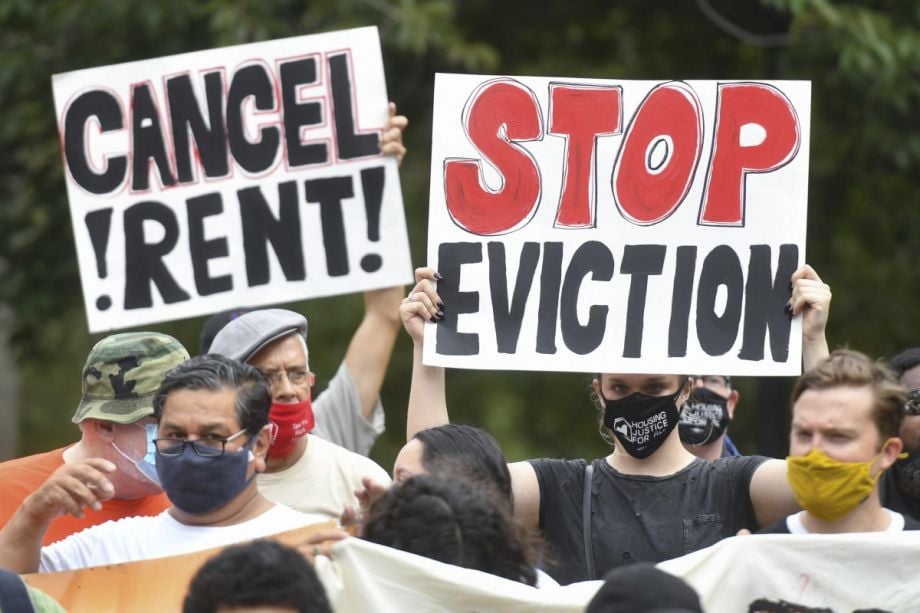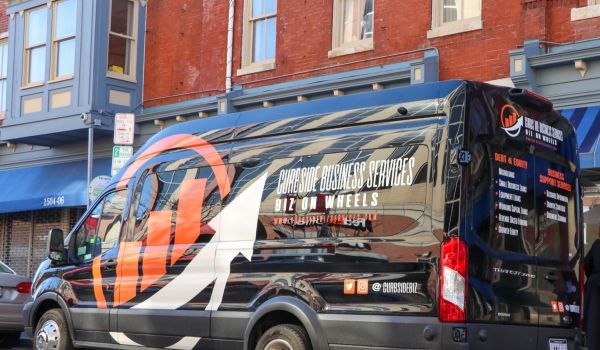California’s Slow Rollout of Rental Assistance Leaves Tenants at Risk
California’s plan to pay back rent accumulated during the pandemic has been extremely slow to roll out, the Orange County Register reports.
The state has set aside $5.2 billion for rental assistance, with an additional $2 billion set aside to help with unpaid utility bills. However, the OC Register reports that only about 27,000 households 一 less than a fifth of the total applications 一 have received rental assistance.
Tenants and landlords alike complain that the assistance is too difficult to obtain. Some have been waiting for months to see whether their application was approved, with one tenant reporting that they had to re-submit the same document eight times. There has also been confusion about the programs tenants are eligible for, as income requirements vary between local and state programs.
And even if cities and the state were able to effectively disburse aid, there isn’t enough of it to go around. Los Angeles received applications from more than 100,000 Angelenos seeking $530 million, despite the city only having $481.5 million for the program. So far, the city has only allocated 11% of its funds.
L.A. City Councilman Kevin de Leon criticized the slow rollout, claiming it would take 18 months for the city to give out all of its assistance. “Tens of thousands of people are on the cusp of … homelessness, all because of a bureaucracy that is too slow to process paperwork, too slow to get emergency relief to people facing eviction,” de Leon said at a news conference.
But it’s not just California: Rent relief has been slow nationwide as there have been reported setbacks in New York, New Jersey and Washington. KATU News, for instance, reports that Oregon has only given out $20 million of the $200 million in its rental assistance program.
How to Build Low Emission American Homes
Low emission American homes are on the horizon after the U.S. Department of Energy (DOE) announced its efforts to accelerate the deployment of net-zero energy, The Guardian reports.
The Biden administration had previously made plans to largely decarbonize energy by 2035. But in light of the new Intergovernmental Panel on Climate Change (IPCC) report, and estimates showing that American make up 20% of the planet’s emissions, the White House stated that it would need to increase solar deployment at a rate three or four times faster than the current rate. Part of the administration’s plan includes increasing the affordability of solar panels, through which, when working in conjunction with home batteries, excess energy can be stored and used during blackouts.
There will also be smaller changes implemented as incandescent lightbulbs and gas stoves will be replaced by LEDs and electric induction stovetops. Insulation will be another key point as new designs for water heaters, furnaces and air conditioning units that can work off of clean electricity are being rolled out. Heat pumps that have the power to heat and cool homes at a rate four times greater than a gas-powered version will also be installed in basements or outside homes.
These new additions will cost about $70,000 for the average American home, some of which could be paid for through home weatherization funds being debated in the infrastructure bill.
St. Paul Votes to Eliminate Parking Minimums
The St. Paul City Council has voted 6-1 to eliminate parking minimums. Local officials said the initiative would make it easier to build housing in the city and encourage residents to rely on methods of transportation aside from their cars.
The sole opposing vote, the Star Tribune reports, came from Councilwoman Jane Prince, who represents a district that has fewer options for public transportation or biking.
“Before we start talking about the sort of magic of getting people out of their cars and into transit, we need to look at the very inequitable service differences that exist in this city,” said Prince. The Highland District Council’s Transportation Committee agreed, arguing that the council should reduce minimums instead of eliminating them altogether.
Sustain St. Paul, a local organization advocating for better housing, low-carbon transportation and sustainable land use, says that parking minimums decrease housing affordability, adding an average of $142 per month to the rent of a St. Paul tenant. Using less space for parking also means more space for homes, which would contribute to the economic vitality of the city.
Now, developers of buildings larger than 20,000 square feet or 25 units are expected to offer bike parking, subsidized transit passes or other mitigation measures to offset limited parking.
This article is part of Backyard, a newsletter exploring scalable solutions to make housing fairer, more affordable and more environmentally sustainable. Subscribe to our weekly Backyard newsletter.

Solcyre (Sol) Burga was an Emma Bowen Foundation Fellow with Next City for summer 2021. Burga graduated from Rutgers University with a degree in political science and journalism in May of 2022. As a Newark native and immigrant, she hopes to elevate the voices of underrepresented communities in her work.
.(JavaScript must be enabled to view this email address)





_600_350_80_s_c1.jpg)












